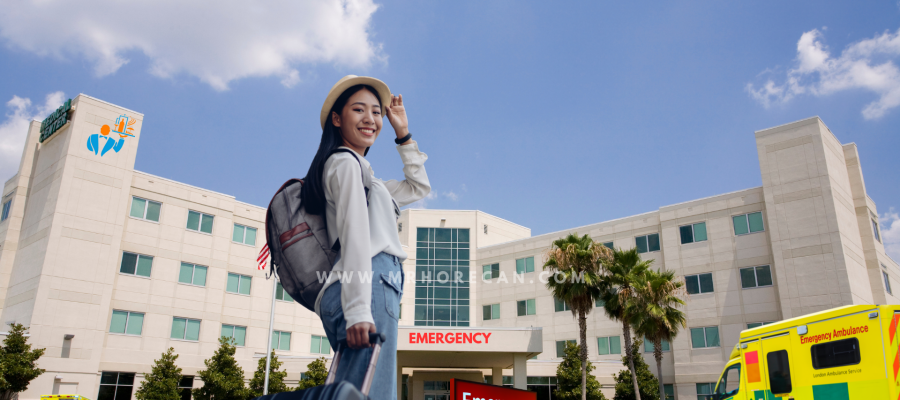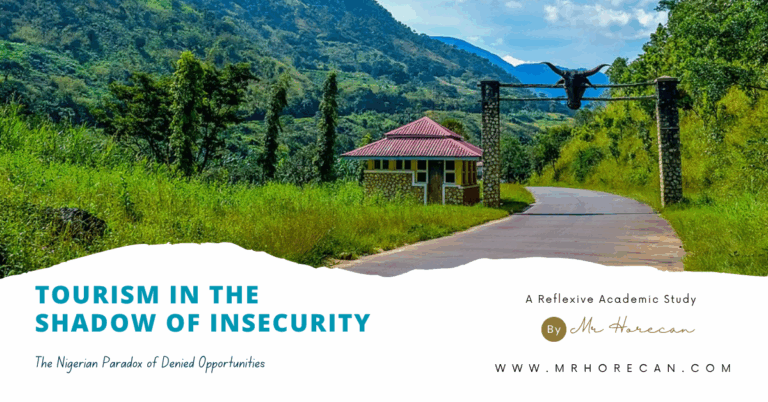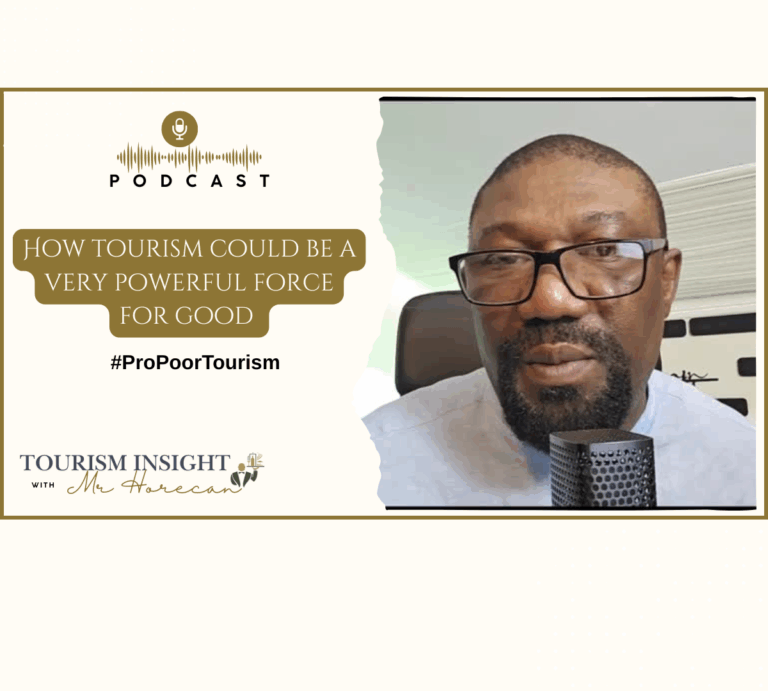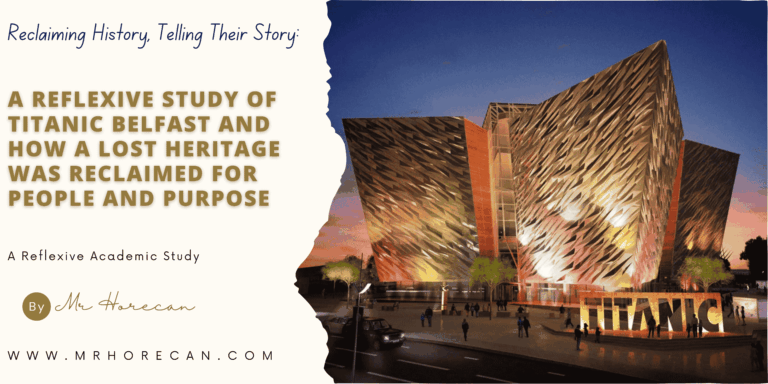
Medical tourism has become a transformative force in global healthcare, enabling individuals to travel across borders in search of timely, affordable, or specialized treatment. It represents a powerful blend of advanced medical science and the increasing ease of global mobility. While the economic and clinical benefits of medical tourism are widely acknowledged, its ethical, developmental, and social implications—particularly for under-resourced nations—demand deeper reflection.
Each time medical tourism is discussed, the debate often centers around its dual nature—its potential to provide life-saving care and its tendency to exacerbate systemic inequalities. Both sides of the argument present valid perspectives. Personally, I have always approached the subject from a balanced standpoint: one that recognizes the industry’s potential to both heal and harm.
This article revisits medical tourism through a reflexive lens that blends policy critique, development analysis, and lived experience. It explores how medical tourism can simultaneously relieve and strain national health systems, promote physical and emotional renewal, and—most importantly—how Africa, often on the periphery of the industry, can reimagine itself as a hub for ethical, inclusive, and community-responsive health travel.
Medical tourism saved two lives in one trip—but also exposed the deep gaps in our local healthcare system. Where the system fails, mobility saves—but it shouldn't have to.
A Personal Story: When Medical Tourism Saved Two Lives
Some years ago, my brother-in-law embarked on a medical journey that would end up saving not just one life—but two.
His wife had been diagnosed with a serious kidney condition and was advised to travel to India for evaluation and possible transplant. As is common among Nigerians navigating persistent gaps in local healthcare, they traveled abroad in search of certainty. He accompanied her for support. While in India, he took the opportunity to undergo a general check-up—something he had done multiple times in Nigeria, with no conclusive diagnosis.
To his surprise, the Indian medical team discovered a kidney stone that had gone undetected for years. His condition was urgent and required immediate intervention. The procedure was carried out successfully, and what began as a supportive trip for his wife became a life-saving intervention for him.
But it wasn’t just the surgical expertise that made the difference—it was the availability of accurate diagnostics, the competence of medical professionals, and the responsiveness of the system. Just as importantly, the serene change of environment—freed from his demanding schedule, settled into a peaceful Airbnb in India—allowed for deep rest and a quicker recovery. The entire experience became not only curative but restorative.
This, to me, is medical tourism at its best. And yet, this experience raises deeper questions: Why did years of consultations in Nigeria fail to detect a treatable condition? Why must we cross oceans to access clarity in care? And more critically—what will it take for Africa to begin offering these solutions at home?
The Promise and the Dilemma
The benefits of medical tourism are clear. Patients gain access to quality healthcare, avoid long waiting periods, and receive advanced treatments at lower costs. Destination countries benefit from foreign exchange earnings, global recognition, and the growth of specialized hospitals.
However, these gains are not without trade-offs. In many developing countries, medical tourism intensifies the migration of skilled health workers from public hospitals to elite private clinics catering to foreign patients. This drains capacity from already fragile health systems and often leaves local communities underserved.
That said, the situation is not entirely one-sided. Medical tourism also creates job opportunities, enhances the quality of private care, and often leads to better compensation for healthcare workers—some of whom channel these earnings back into their home communities. It opens vacancies for new professionals and stimulates investment in diagnostic and clinical infrastructure. For Africa’s growing youth population, this sector presents new career paths and entrepreneurship opportunities—if properly harnessed.
The challenge lies in creating a structure that allows medical tourism to uplift entire systems, not just profit a few institutions.
Rehabilitation Centers: Healing Beyond the Hospital
With the right investment, rehabilitation centers, training institutions, and inclusive partnerships can turn brain drain into brain circulation. Medical tourism must not only heal individuals—it must build systems, empower professionals, and transform entire communities.
One of the most untapped dimensions of medical tourism is the post-operative phase: recovery and rehabilitation. This is an area where Africa could thrive. The continent’s climate, rich biodiversity, and cultural wellness practices position it as an ideal destination for healing retreats.
Picture a patient recovering from orthopedic surgery in a serene coastal lodge in Ghana, a forest wellness retreat in Kenya, or a hillside recovery center in Liberia. With physiotherapy services, therapeutic nutrition, local herbal wellness practices, and community-based support systems, these recovery spaces can combine modern medicine with traditional knowledge and natural environments.
These centers would not only enhance patient outcomes but provide employment and skills development for local communities. Rehabilitation facilities—if developed with intention—can become both health assets and tourism attractions, offering a sustainable model of community-integrated care.
Training and Capacity Building: Turning Drain into Circulation
My brother-in-law’s story reflects a broader truth: many diagnostic and treatment gaps in Africa are not due to incompetence, but due to outdated equipment, limited training, and under-resourced public systems. Medical tourism, if strategically structured, can help fill these gaps.
Rather than draining talent, it can be leveraged to invest in training a new generation of healthcare workers. Governments and private hospitals can reinvest profits from medical tourism into medical education, clinical residencies, and research institutions. Diaspora professionals can return temporarily to teach, mentor, and transfer knowledge. Hospitals can become centers of excellence—not just for treatment, but for education and mentorship.
This model turns brain drain into brain circulation, building strong local systems while maintaining international standards and collaborations.
Africa’s Untapped Potential
Africa need not remain on the sending end of the medical tourism value chain. With deliberate policy, public-private partnerships, and infrastructure investment, it can become a thriving hub. Countries like Tunisia and Egypt already attract medical tourists from Europe and neighboring African states. Kenya is advancing in fertility and cancer treatment. Nigeria and Ghana are expanding diagnostic services.
What’s needed is not just technical capacity, but regulatory clarity, quality assurance, and community integration. Local SMEs should be part of the ecosystem: providing accommodations, cultural interpretation, transportation, wellness services, and local cuisine. From the airport to the operating room to the recovery center, communities should be engaged—not excluded.
Building Healthier Communities Through Tourism
At its best, medical tourism can be a tool for nation-building. It can heal individuals while uplifting systems—if designed with inclusivity and equity at its core. This requires collaboration between health ministries, tourism boards, and local development agencies. It requires hospitals to look beyond profits and into partnerships—with universities, communities, and cultural institutions.
There is a pressing need to work out a mechanism where destinations with strong medical tourism sectors reinvest into developing regions—through training programs, cross-border partnerships, or support for rehabilitation and diagnostic centers. Such collaborations could transform medical tourism from a transaction into a development pathway.
African countries can gain both revenue and resilience—but only if the industry is rooted not just in mobility, but in meaning.
Conclusion
The story of my brother-in-law is both a testimony and a challenge. It shows what medical tourism can offer—but also what our own systems still lack. For Africa, the future of medical tourism must not only be about exporting patients—it must be about building capacity, training talent, and developing healing environments at home.
Medical tourism revisited is no longer just about where patients go. It is about what they gain, and what their journeys give back. It is about transforming individual healing into systemic renewal. And most importantly, it is about ensuring that no one has to leave home to find the care they deserve.



